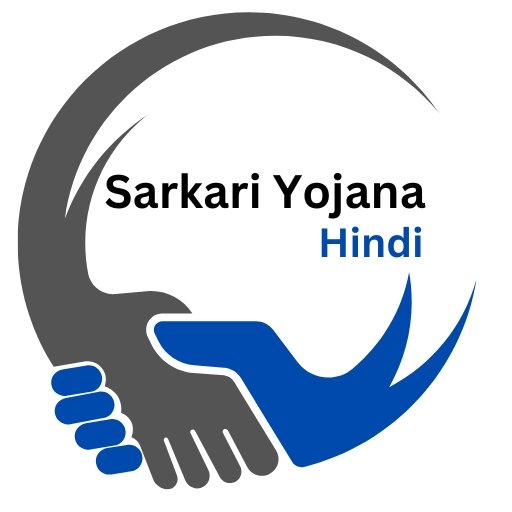[ad_1]
Negotiable Instruments in Banking Sector
For smooth running of banking sector Negotiable Instruments Play an important role. These written documents promise payment of a certain amount in the future or on demand. The specialty of negotiable instruments is that they are transferable, which means that someone else not involved in the original transaction can also receive it and claim payment.
What are Negotiable Instruments?
Negotiable Instruments Act 1881 or Negotiable Instruments Act 1881 is a law of India which deals with negotiable instruments – promissory note, bill of exchange and cheque, etc. According to section 13(i) of this Act, a negotiable instrument is defined as a signed document promising to make payment to a specified person or assignee. In other words, we can think of it as a formal type of IOU: a transferable, signed document that promises to pay a sum of money at a future date or on demand.
It can also be defined like this – A negotiable instrument is a contractual document that guarantees the payment of a specified amount, either on demand, or at a specified time, with the name of the payer on the document. The Negotiable Instruments Act 1881 defines negotiable instrument to mean a promissory note, bill of exchange or cheque, payable to order or payable to bearer.
Some important Negotiable Instruments are – Cheque, Money Order, Promissory Notes, Bill of Exchange, Certificate of Deposit etc.
Let us look at some of the major negotiable instruments used in the banking sector:
- Hundis: These are one of the oldest negotiable instruments. In this, one person (the writer) gives an order to another person (the drawee) to pay a certain amount.
- Bill of Exchange: It is a written order which the writer gives to a third party (the payer of the amount due) to pay a certain amount to a certain person (the payee).
- Cheque: It is a written order which the account holder (writer) gives to the bank (payer of the amount due) to pay a certain amount from his account to a certain person (payee). Check is the most common form of banking transaction.
- Promissory Note: It is a written promise in which the writer promises to pay a certain amount of money to a certain person (the payee). Promissory notes are commonly used to pay for loans or borrowed money.
- Money Order: Checks are very similar to checks, but are not necessarily issued by the payer's financial institution. Often cash must be received from the payer before a money order can be issued. Once the money order is received by the payee, it can be exchanged for cash in line with the policies of the issuing entity.
Negotiable instruments help in carrying out the following functions in the banking sector:
- Providing a convenient method of payment: Payment of large amounts of money can be easily done using negotiable instruments.
- Providing Loan: Banks provide loans on the basis of promissory notes.
- Bill Discounting: Bills of exchange can be sold before maturity, thereby providing working capital to traders.
- Financing Import and Export Trade: Bills of exchange are used to finance import and export trade.
However, negotiable instruments also have some disadvantages, such as:
- Risk of Counterfeiting: Negotiable instruments may be counterfeited.
- Risk of losing: It may be difficult to get payment stopped if a negotiable instrument is lost.
- Time taken: Negotiable instruments may take time to process.
[ad_2]
